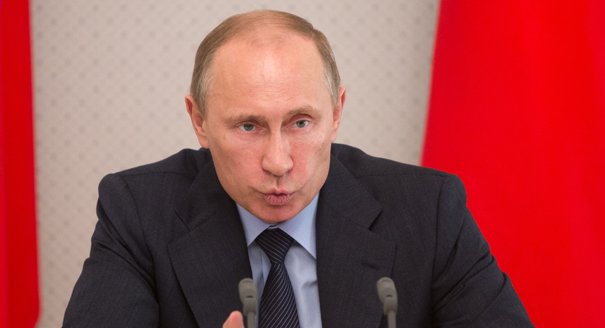The United States may have found a Russian solution to its dilemma about what to do in Syria–but it still has a Putin problem.
So, in a different way, does Russia. It’s the paradox of the year. The Russians have come up with a formula that–on paper at least–solves Barack Obama’s dilemma on Syria. They have saved the day.
Yet at the same moment, relations between Russia and most Western countries are as low as they have been in two decades and Moscow is as friendless in the international arena as it has been in 20 years.
It is not just about Syria or Edward Snowden.
Last week saw a row between the European Union and Russia go public, which would have grabbed far more headlines if so much else had not been going on in the world.
The European Union’s Commissioner for Enlargement and Neighborhood Policy, Štefan Füle, delivered a speech to the European Parliament that was breathtakingly blunt for an EU official.
Looking ahead to the Eastern Neighborhood Summit in Vilnius in November, Füle said, “Any threats from Russia linked to the possible signing of agreements with the European Union are unacceptable.” He specifically expressed “solidarity” with Moldova over a new wine embargo from Russia that he said was political pressure.
All this is personally about Putin and the new aggressive turn he has taken both in domestic policy and in the neighborhood. That has simply left him with no friends in the West. The right dislikes him for his geo-political posture. The left decries his anti-gay policies, suppression of dissent and the jailing of Pussy Riot.
Putin’s op-ed in the New York Times was greeted with general cynicism and derision in Western capitals not for what he said–after all he made some valid points–but for who the author was. The transition from arch realpolitik hawk to a peacemaker invoking God was simply too jaw-dropping.
Putin himself seems to positively enjoy the bad-guy image he has in the West–even as he helped broker the Syria deal and quietly supports engagement on a range of issues from Afghanistan to Iran sanctions.
It’s as though he thinks making a virtue of engagement with the West would un-man him, make him un-Putin. It is a lonely place to be.
